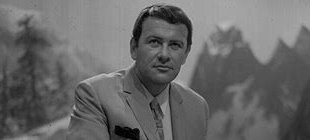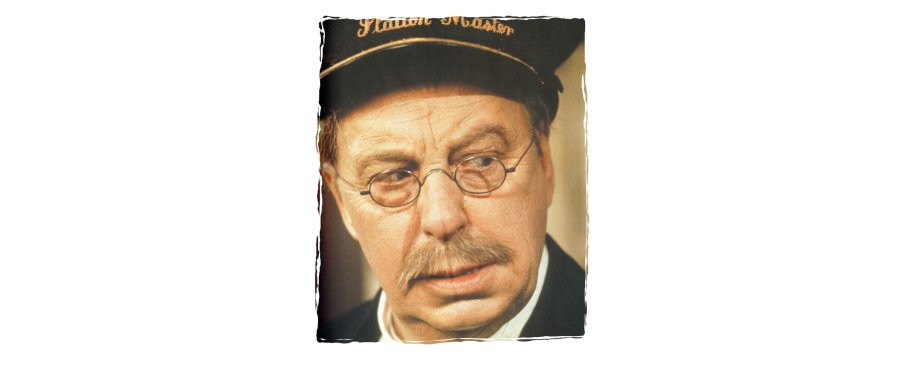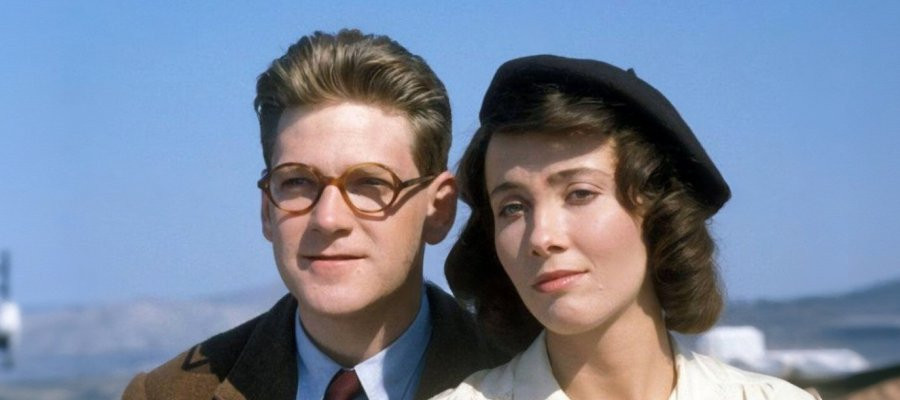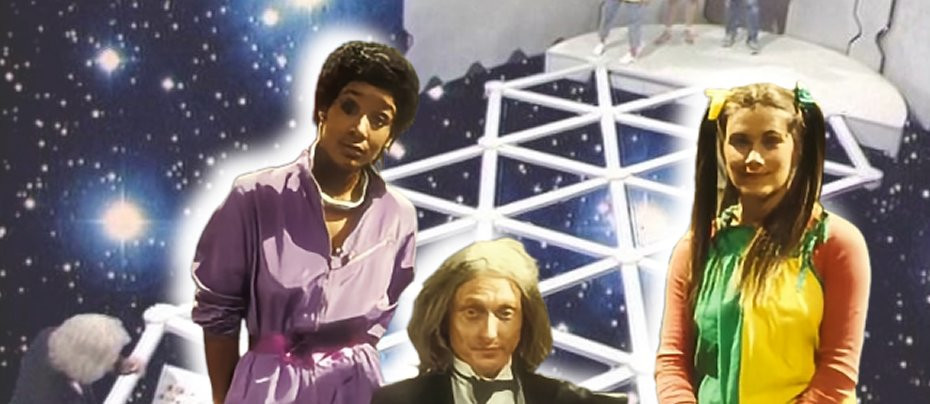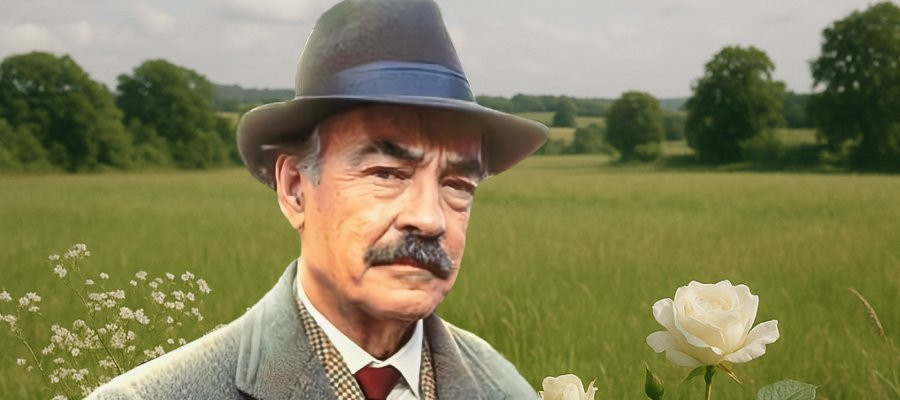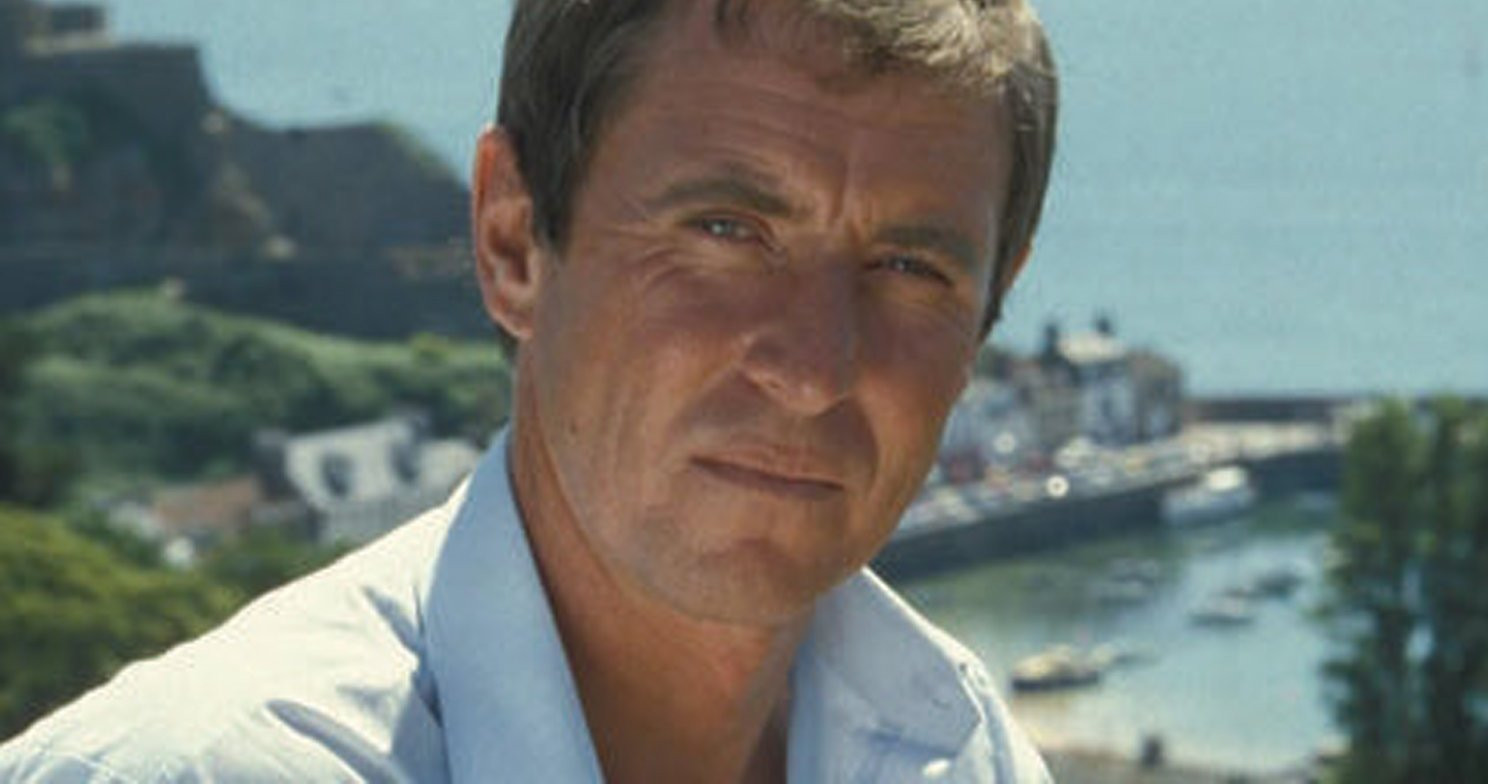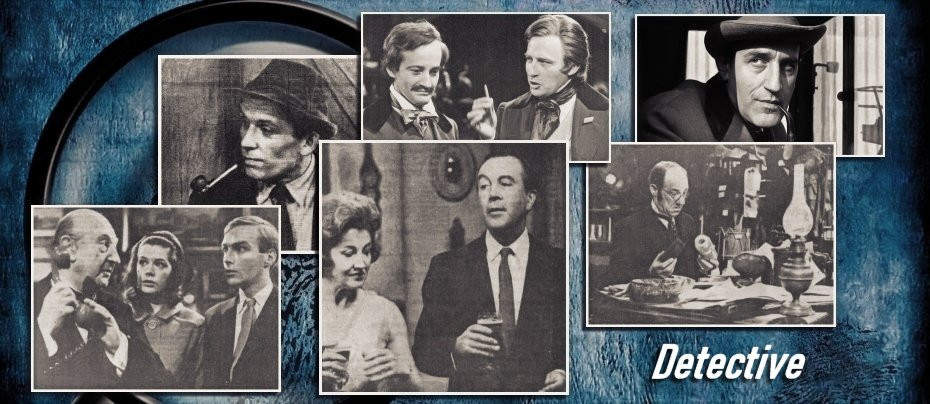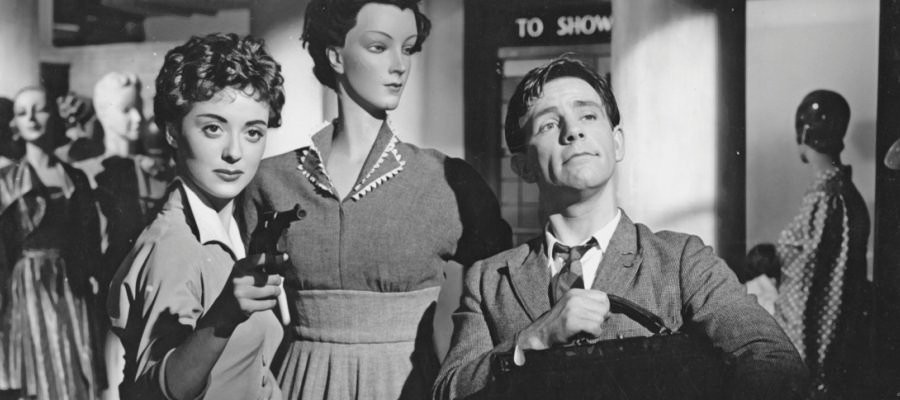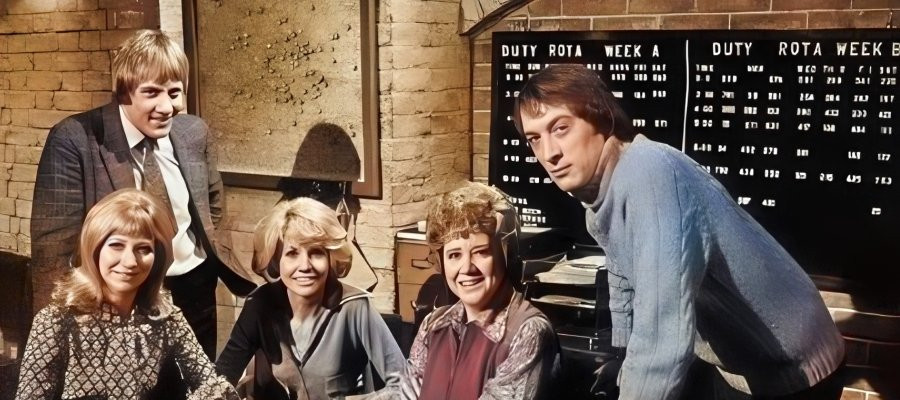
The Befrienders
1972 - United KingdomIn an era when British television wasn't afraid to address the nation’s darker undercurrents, The Befrienders stands as a brave, if at times awkward, effort to bring the real-life work of the Samaritans into the public consciousness. Airing in 1972 on BBC1, this 11-episode drama series was inspired by the suicide prevention charity founded in 1953 by the Reverend Chad Varah.
Varah was a Church of England vicar serving in the Diocese of London. His inspiration for founding the Samaritans stemmed from a formative experience years earlier, when, as a young curate in the Diocese of Lincoln, he conducted the funeral of a fourteen-year-old girl who had taken her own life. She believed she had contracted a sexually transmitted infection, when in fact she was simply menstruating. Deeply affected, Varah placed a notice in a local newspaper inviting volunteers to join him at his church, offering a listening ear to those in emotional distress or considering suicide.
The initiative grew swiftly: within a decade, there were 40 Samaritans branches, and today that number has expanded to 201 across Great Britain and Ireland. The organisation is deliberately structured without regard for national borders, on the principle that a service which is neither political nor religious should not reflect political or sectarian divisions. At the heart of Samaritans' work is its 24-hour telephone helpline, the first of its kind in the UK, available every day of the year. The service is delivered by more than 21,200 trained volunteers and is sustained entirely through voluntary support.
With Varah himself acting as an advisor — and even penning one episode — the programme sought to dramatise the experiences of those driven to the edge, and the ordinary volunteers who offered a lifeline.
Created and largely written by Harry W. Junkin, The Befrienders was clearly driven by good intentions. Each week, a fictional case study depicted a person at a crisis point, usually contemplating suicide. Crucially, only one episode ended with a death — a sensitive choice that underscored the show's core message: that help is out there, and suicide is not inevitable.
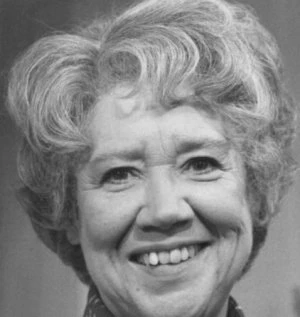
The main cast — Megs Jenkins as the compassionate housewife Janet, Peter Armitage as a no-nonsense garage mechanic, Jane Wellow as Helen, Jenny Till as Frances and Michael Culver as a thoughtful lecturer — portrayed Samaritan volunteers with quiet conviction. The rotating guest stars playing clients (Peter Halliday, Jean Marsh, Patrick Troughton, Gordon Jackson, Liza Goddard) allowed for a breadth of stories, if not always depth, and the series did manage to touch on a wide array of social pressures, including addiction, grief, isolation, and mental illness.
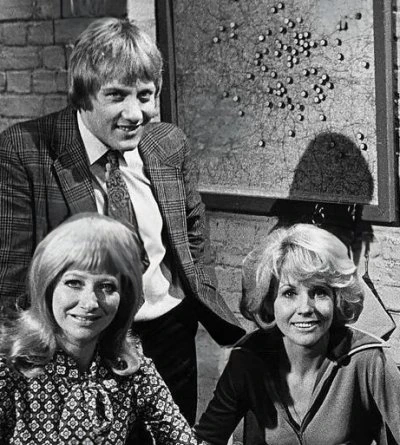
The show's origins lie in a 1970 pilot, Drink a Toast to Dear Old Dad, which aired as part of the Drama Playhouse strand. This rather melodramatic tale of a teenager at odds with his decadent, drug-fuelled parents received a mixed-to-scathing reception. Critics found the plot implausible — not least the scene in which a vindictive father plants cannabis in his son’s room and calls the police. Some derided it as "tear-jerking schmalz"; others, like Stanley Reynolds in The Times, suggested the accidental humour may have been deliberate. Despite this rocky start, the BBC moved ahead with a full series, encouraged perhaps by the clear appetite for programming that tackled real-life concerns in the wake of Z Cars and Softly, Softly.
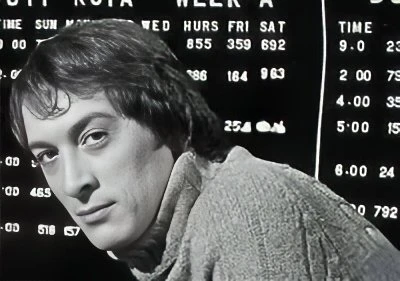
Throughout its run, The Befrienders struggled to strike a consistent tone. Some episodes, like Varah's own contribution, Nobody Understands Miranda, were praised for their sensitivity and insight. Others, according to reviewers like Terry Metcalf and Rita Wharton, were too drawn-out or overly sentimental. Indeed, Wharton questioned the very premise of dramatising such despair week after week, wondering aloud whether a documentary format might have better served the Samaritans' mission.
Yet despite its imperfections, the series undeniably had an impact. The Samaritans experienced a surge in calls, even prompting the organisation to set up additional telephone lines in anticipation of viewer response. One unfortunate man in Manchester, whose phone number resembled that of the London branch, received a deluge of unintended calls. More meaningfully, the show reportedly led to a doubling of client numbers in some branches and, in London alone, prompted 250 new volunteer applications shortly after broadcast. A later report from The Times linked a rise in young callers directly to the show, and a 1975 British Medical Journal study confirmed a marked increase in contact at the Edinburgh branch, though it found no evidence that the series prevented suicide.
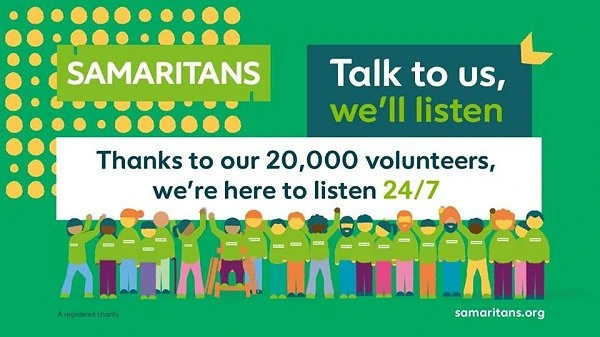
Perhaps the most telling legacy of The Befrienders lies not in its production values or critical reception, but in its influence on viewers. In 2022, the Express & Echo reported that a single episode had inspired a volunteer in Exeter to give fifty years of service to the organisation. That’s no small achievement.
Though certainly not flawless — at times meandering, occasionally overwrought — The Befrienders deserves recognition for what it tried to achieve: to humanise those in crisis, to honour the work of volunteers, and to remind viewers that compassion, often in the form of a quiet voice on the end of a phone line, can make all the difference. In doing so, it remains a notable, if overlooked, chapter in the history of socially conscious British television.
Verdict: ★★★☆☆
Earnest, affecting, occasionally clumsy — a well-meaning drama with a powerful social conscience.
Seen this show? How do you rate it?
Seen this show? How do you rate it?
Published on October 8th, 2025. Written by Laurence Marcus for Television Heaven.


